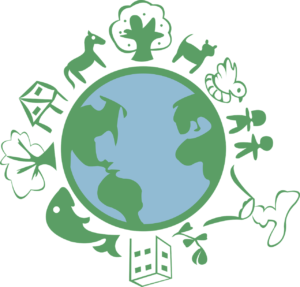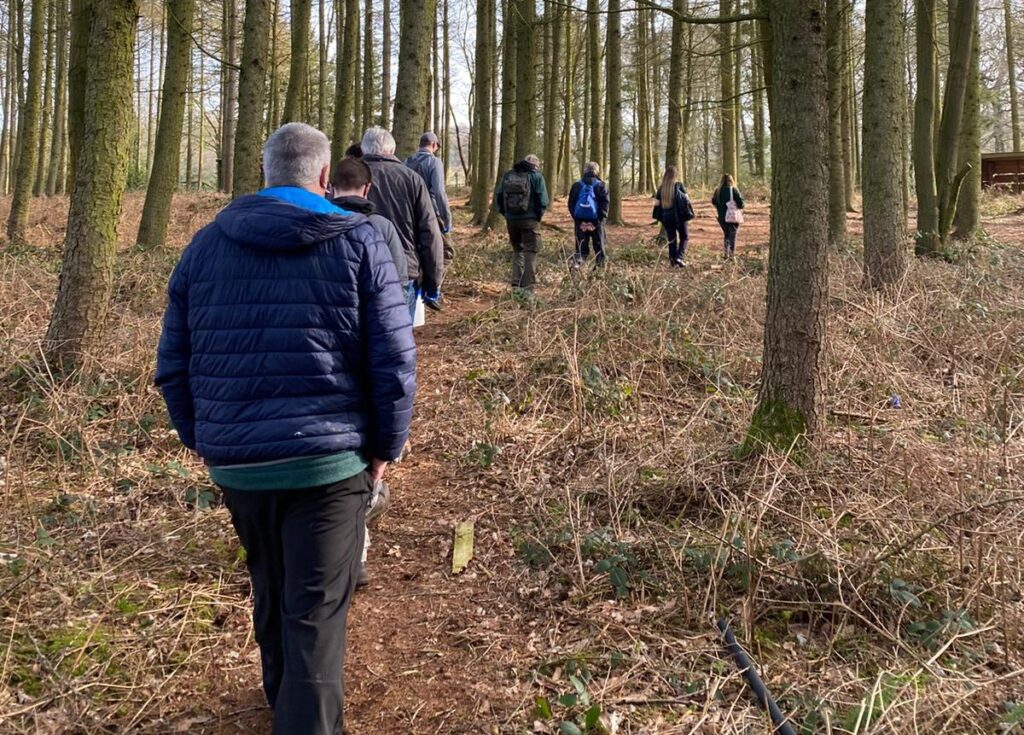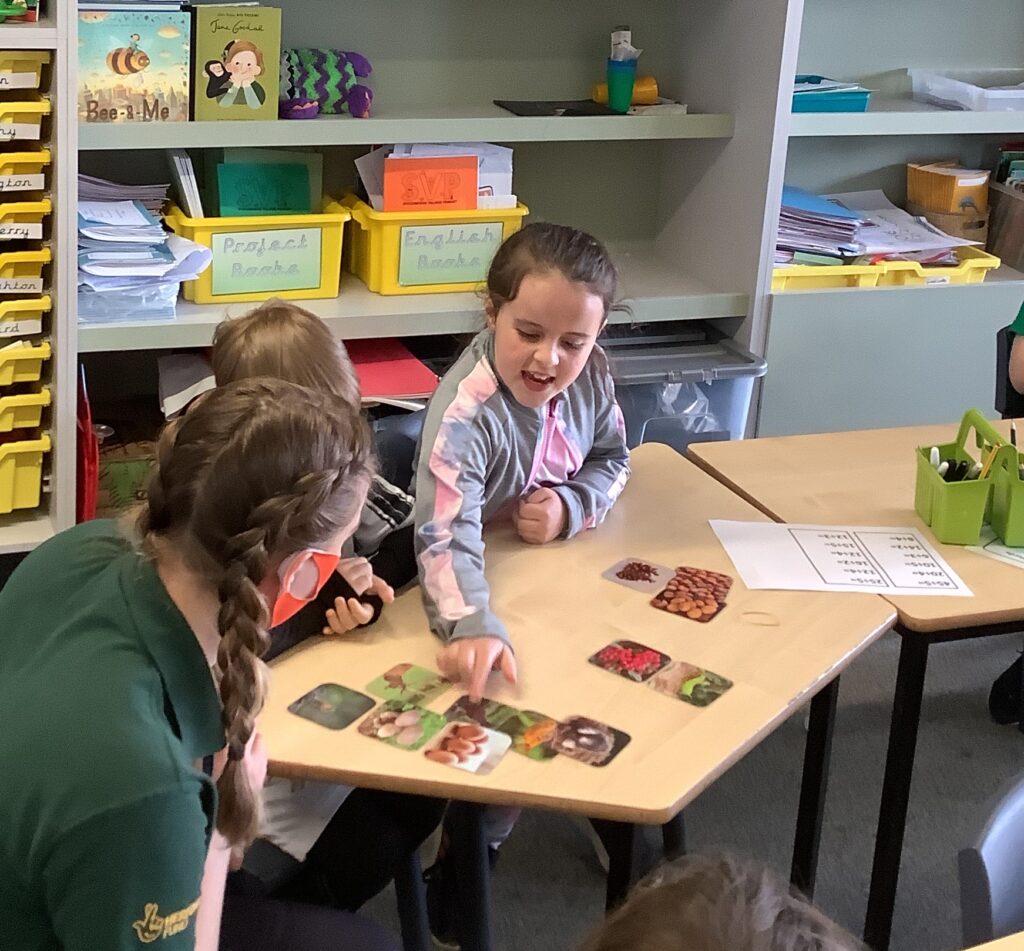It’s World Wildlife Day, and some of our volunteers have been sharing their experiences and thoughts on this topic.
Topic: Our impact on wildlife
Author: Ronise, Red Ranger Volunteer
What is an ecosystem again?
Ecosystem – noun: “all the living things in an area and the way they affect each other and the environment.” Source: Cambridge Dictionary
According to National Geographic, an ecosystem is “a geographic area where plants, animals, and other organisms, as well as weather and landscape, work together to form a bubble of life. Ecosystems contain biotic or living, parts, as well as abiotic factors, or non-living parts. Biotic factors include plants, animals, and other organisms. Abiotic factors include rocks, temperature, and humidity.”

“Almost everything we need to survive is in the ecosystem”
When we think about an ecosystem it may feel like we are not connected. But actually, we are all part of the ecosystem and we interact constantly. Almost everything we need to survive is in the ecosystem, the water we drink, the food we eat, the air we breathe…so, we better take care of it now!
What is the World Wildlife day and why it was created?
3rd March is a symbolic day to celebrate and raise awareness of the world’s ecosystem. It was chosen in 2013 by United Nations General Assembly after the adoption of the CITES – Convention on International Trade in Endangered Species of Wild Fauna and Flora – in 1973.
This year’s theme is “Recovering key species for ecosystem restoration”. We should take the opportunity to think about how our actions affect the ecosystem and do something to change it for the better, promoting the recovering of the ecosystem, which has been threatened by our actions for centuries.
How have we been affecting the ecosystem?
Have you heard about the danger of extinction for many animals and plants here in the UK? And do you know that our actions interfere with their existence, even when we are ‘only’ bringing home some seeds of that beautiful, exotic plant we spotted during the last trip abroad?
Many species don’t go well with others and when we introduce a plant or an animal to a habitat that is not theirs it can bring several negative consequences. They can endanger and decimate native species that may be less resistant to certain illnesses or more sensitive about changes in their habitat caused by intrusive species.
What about squirrels?
Red squirrels are native to Europe and the UK and were abundant here until the grey squirrels were introduced into the UK during the Victorian era, around the 1800s, and started to spread after escaping from gardens.
The greys compete better for food and habitat, and also can carry a virus called squirrelpox – that doesn’t affect the greys but it is lethal to the reds, which have no defence against the virus. The population of the reds started to diminish, reducing to zero in some parts of the country.
According to National Trust, the population of red squirrels in the UK dropped from 3.5 million to under 140,000 compared to 2.5 million of greys.


What damage do we cause?
We know that introducing a new species where it doesn’t belong is not something we do in a daily basis. It was only used to demonstrate how “innocent” actions can lead to unwilling consequences and make us more aware of how our decisions affect the planet, now or in the future.
“Even very small actions can have both negative and positive results. Let’s make ours be the positive ones!”
Being more realistic, situations we see every day like someone throwing litter on the ground instead of putting it into the bin can have devastating consequences for the wildlife. Litter can be blown into rivers, lakes, and fields and end up in some animals stomachs, causing death. As well, the decomposition of plastic releases chemicals in the water and soil, affecting the ecosystem long term.
So, please: put your rubbish into the bin!

What can we do better?
The 5 Rs
There is a lot we can do to help the ecosystem to recover. It can start by choosing local suppliers as a way to reduce pollution generated for the transport of goods, being conscious of the type of food we buy, and using the 5 Rs: Refuse, Reduce, Reuse, Recycle, Rot.

Volunteer

We can volunteer for organisations that are engaged in recovering endangered species, like Reclaiming Reds!
Educate
We can also participate in community debates and suggest small changes on our habits that can minimise the impact on the environment.
Teaching our children to be kind to the planet and to think green, being more conscious about the impact their actions can make to the environment is another great way to start changes.

Appreciate

So, what about taking the day to think about what can we do to live in harmony with the ecosystem we are in and assume our responsibility over it?
Even very small actions can have both negative and positive results. Let’s make ours be the positive ones!
If everyone of us do a little thing to create a better interaction with the ecosystem, it can represent a big positive change for the future.
Want to become a volunteer? Sign up now
